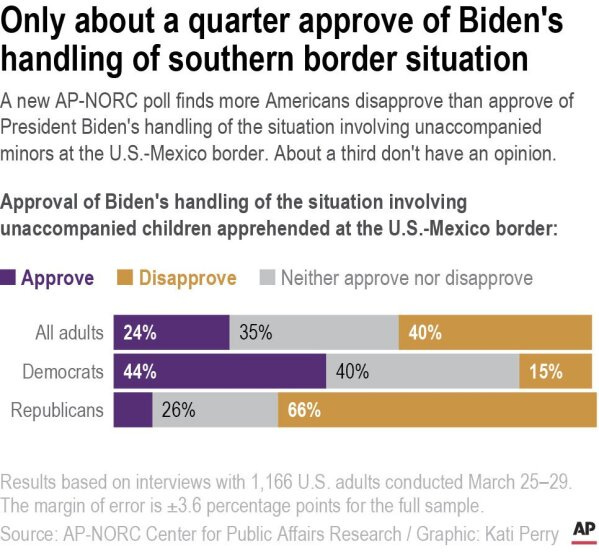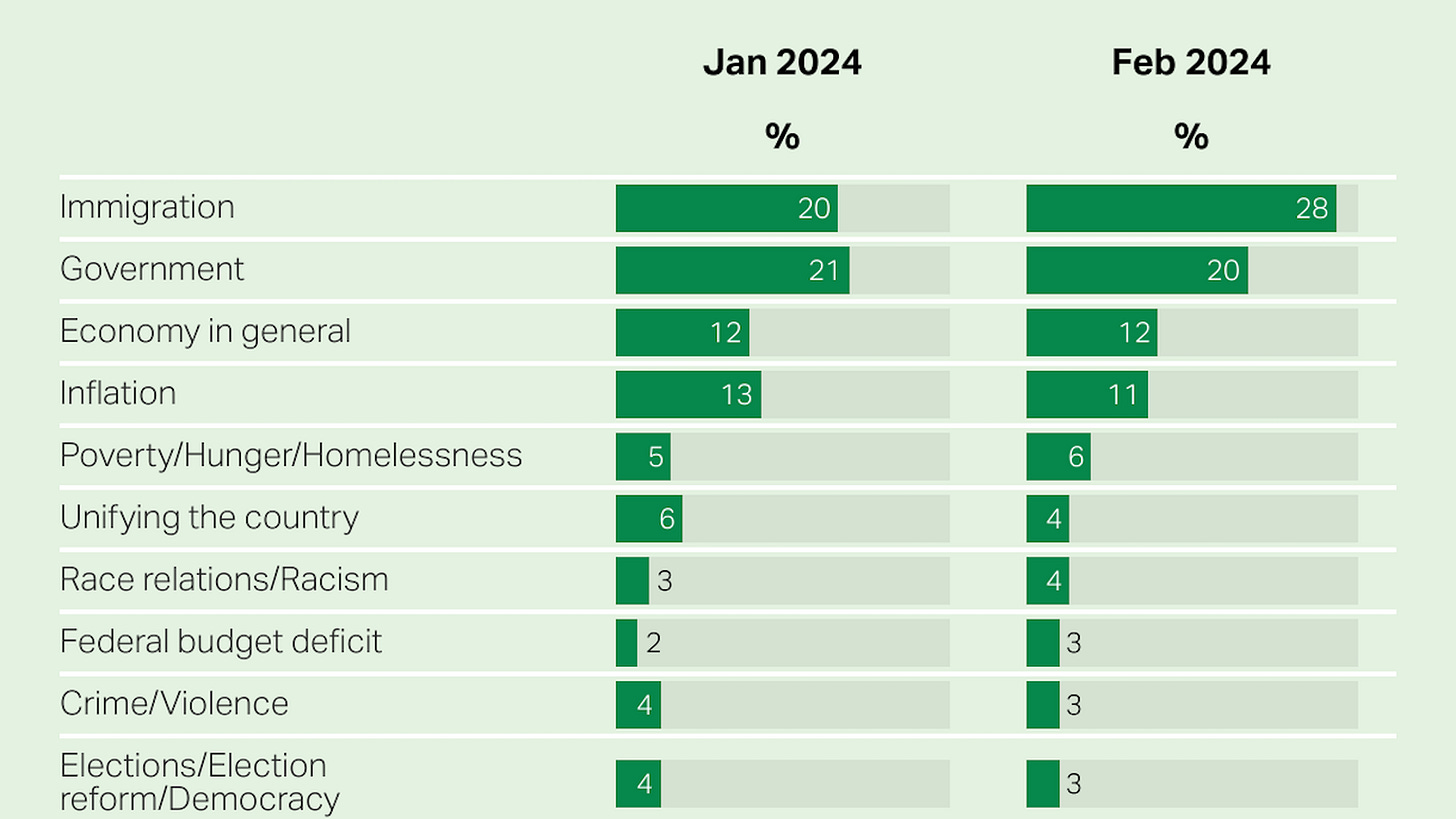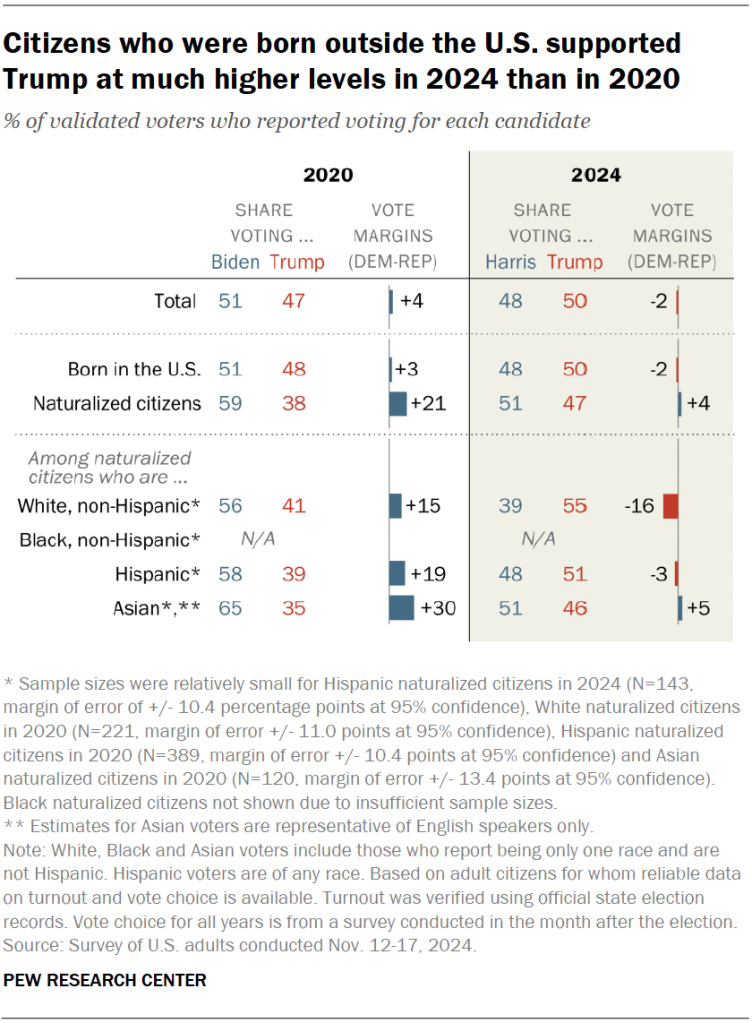In hyperpartisan environments, political coalitions tend to define themselves against their opposition. The version of Donald Trump that the Republican Party first coalesced then redefined itself around was the antithesis of Obama, who had effortlessly embodied the sort of urbane worldliness many of us on the left so badly wanted to believe was the wave of the future. Educated liberals saw echoes of themselves and their cherished values in this erstwhile president of the Harvard Law Review, born of a melding of two continents, and avatar of a post-racial America. His exotic and Muslim-sounding name, his childhood partly spent in Indonesia, his Kenyan father, his white mother, his Ivy League education, and his oratory seemed like harbingers of the cosmopolitan future we believed ourselves inevitably headed towards. But history has no foreordained endpoint or trajectory. And unbeknownst to us, the future was going to look a lot more like the maligned, ridiculed, and populist Rob Ford than like Barack Obama. The arc of history, it turns out, does not necessarily bend towards justice.
In 2017, Trump took office, seemingly hell-bent on erasing Obama’s legacy. In so doing, he enraged liberals, which, it turned out, was pretty good politics, since “owning the libs” was precisely what his most ardent supporters wanted. But he also galvanized his opposition more than anything they would have come up with on their own. Four years later, a country exhausted by his chaotic, vengeful, and erratic management style ushered him out of office, the left having accomplished a supreme effort of mobilization. Trump had overinterpreted the meaning of his victory. It was not that people in 2016 wanted to erase everything Obama represented; Hillary Clinton had simply been very unpopular, and the candidate that was slightly less unpopular in the swing states had won.
But the left had also overinterpreted the meaning of their 2020 victory. The extra 7 million votes garnered by Joe Biden had not mattered one bit. Trump was only defeated due to fewer than 50,000 votes spread out over a few swing states. Understandably distracted by Trump’s democracy-endangering actions, they failed to fully appreciate the magnitude of his historic performance even in defeat. From a liberal perspective, he was the most openly racist general election candidate in recent history. And yet it was he, not Mitt Romney or John McCain, who had dramatically expanded the GOP electorate, among non-whites in general and Latinos in particular. The outlines of a new working-class multiracial coalition could be seen for those who had not closed their eyes. By 2023, Patrick Ruffini could write his influential and well-researched Party of the People on just such a premise, a prediction that would be vindicated in the 2024 election.
The meaning of Trump’s 2020 defeat was much more mundane than what Democrats wanted to believe: the country was displeased by Trump’s management of COVID; it had not turned against his immigration policy nor become displeased about the state of the pre-pandemic economy. In other words, it was not the case that Trump had been an aberration, and that American was finally ready to resume its inevitable though slow and arduous march towards social justice. People wanted Trump out of office because he was no longer trusted by most people to handle a big crisis. America as a whole was not trying to sign up for leftist governance. A clear indicator of this was the fact that it was Joe Biden, who had been known as a moderate for the entirety of his career, not Bernie Sanders, who won the most votes in Democratic Primary. The most natural response to this would have been the exercise of restraint in policy and cultural stances. But the Democratic Party had lost control of the Senate since the 2014 midterms, and its unexpectedly good fortune in regaining its control in early 2021 gave opportunities that might not last. The pressure from the grassroots proved irresistible.
The Democratic Party of 2021 was a fundamentally anti-Trumpian coalition. The left came out of the Trump presidency more to the left on social issues than it would have become if Hillary Clinton had won. In so doing, it created an uncomfortable gap between the Democratic brand and median voter on immigration. This gap was wide enough to bleed not just white working-class voters but also large numbers of Latinos, Black voters, and even immigrants from those two backgrounds. I am a left-of-center immigrant myself. But I can also recognize when my opinions are not shared by a majority of the voting public or by large numbers of people in my own political coalition. And if I were in charge of winning elections, I would try to win over the median voter in the states that decide control of both the White House and the Senate. But this, as we know, is not what happened. Biden governed well to the left of Obama on immigration. Already by April 2021, only a quarter of the public approved of his handling of immigration, which by 2024 would be the public’s biggest concern, and the single biggest reason for his unpopularity.
The pivot that came later in Biden’s presidency wasn’t enough to improve public perception of his stewardship. It was compounded by the Democrats’ inability to acknowledge in public the signs of cognitive decline that were apparent to all but those who didn’t wish to see them. Then, after a disastrous debate performance made further denials impossible, the party crowned its unpopular VP, who went on to lose. Why was Harris VP in the first place? She had performed abysmally in the 2020 Democratic primary. She had never been popular with Black voters, but the logic of antiracism demanded that the VP be a Black woman, and no one else could be found that was more accomplished. Having made this selection on the basis of race and gender, the Democratic Party then told its voters that to pick anyone else as candidate in 2024 would be a snub to Black voters and to women. And so the party leaders crowned her. She proceeded to lose a greater proportion of non-White votes than any Republican in living memory. Antiracism, with its attendant elevation of race above all else, was not a philosophy on which a durable majority could be build but merely the religion of the leftist intelligentsia in a country in which racial polarization was decreasing year by year.
So Trump was reelected, making a sweep of all swing states and fighting Harris to a draw even among naturalized citizens. He was not chosen because people wanted to enact a reign of terror against immigrants or because they subscribed to his theory of international trade. He was chosen because people trusted him more on securing the border and because they imagined that he would somehow bring prices down. Instead of exercising restraint, he has pursued a maximalist Trumpian policy on trade, immigration, and corruption. And now, true to GOP form, his party has passed yet another tax cut for the wealthy, funded in part by kicking people off Medicaid. The worst of the provisions won’t take place until after the midterms, so that voters might forget who voted for them. But I don’t think the movable middle will be fooled. The most natural thing for the GOP to do would be to embrace their path to a natural majority by becoming the party of a multiracial working-class coalition, populist on social benefits and conservative on social issues. Democrats would have a very hard time defeating such a party in high-turnout elections. As recently as a decade ago, Republicans who cut funding to Medicaid were primarily hurting Democratic voters. Today, wealthier, more educated people are more likely to be Democrats. And the people who rely the most on Medicaid are Republicans. By robbing them of health insurance to provide rich people with more tax cuts, Republicans are committing another unforced error. The neoliberal order may be in its death throes, but the pecuniary concerns of the rich are still the primary concern of the GOP. If Democrats find their way out of the wilderness, this will be the reason. It will not be because the nation wants to sign up for everything on the leftist wish list. It will be because voters decide to repudiate Republican overreach.
The pendulum swings we observe are not the reflection of a schizophrenic electorate but rather of the fact that in our system the voting public only has two options: broadly left and broadly right. As long as both parties continue to be unable to resist the most unpopular demands of its most powerful factions, they will predictably lose power within a few years of acquiring it. This state of things is something Republicans, with their advantage in the Senate and crushing dominance on the Supreme Court, can afford a lot more than Democrats, who are in danger of becoming a minority party, supported primarily by the educated elite, and deserted by working class voters of all races. Paradoxically, I believe this fate would best be averted by de-emphasizing racialized appeals in future elections, a topic I will return to in my next post.





Astute analysis, great use of graphs to back up your points. I'd only add, as a silver lining of hope, that I think it was more Biden's legendary incompetence, allied to increasing frailty of mind and body, that doomed his re-election.
Remember Obama's most famous quip about his former VP, uttered long before Biden became POTUS?
"Never underestimate Joe Biden's ability to fuck things up."
I think the public reacted to unforced errors, some of which you note, but I'll add others to the border and inflation, both of which were bizarrely ignored under Biden's administration.
Abandoning Afghanistan was not, as the Democrats tried to insist, required by previous Trump actions. As Trump himself demonstrates, the incoming president can reverse the previous administration's actions on numerous fronts, and, indeed, is often elected to do so. For all the scorn heaped upon Trump (too often justified) it was Biden who disregarded our NATO allies and unilaterally withdrew on a schedule that left our European supporters scrambling and confused.
The terrible results of the Taliban returning to power did more to reverse justice for women than any action an American president has ever taken, off the top of my head. I can't think of another example more severe in its impacts for women, so if someone else has a better imagination, feel free to chime in. We undid 20 years of hard work, some progress on the ground (women getting education and healthcare), left behind Afghans who had trusted us with their lives, and lost a key post for positioning military force and intelligence gathering bordering three key adversaries: China, Iran, and Pakistan.
The utter absence of the greatest power of the the presidency: communication. Say what you will of Donald Trump, the man is a master of connecting with the voters. I find Trump venial, obnoxious, and often incoherent, but he connects to the voters. He speaks his mind and says things no one else would dare, and people find that refreshing. Both Harris and Biden were inexcusably bad at this key power, the ability to speak to the American people authentically and convince voters.
Allied to this critical inability to communicate was a lack of interest in making sure our tax dollars were spent wisely. We can argue the merits of "shovel ready" projects, which are indeed rare, but the waste of trillions of tax payer dollars on infrastructure that was never built (the most famous example being a program to connect rural voters to high speed internet did not connect a single actual voter to the web) was noticed. We got inflation, but little else to show by 2024.
The Biden administration answered an intriguing political science query: can a capable staff coddle an aging and tongue tied leader and succeed?
Tempted as I am to put some blame on incompetence here, the answer is clearly no.
The presidency needs constant attention and force from the top. Only an actively involved and powerful leader can force the changes the voters desire, and remind those same voters sufficiently to earn their continued support for re-election. Again, say what you will about Trump but the man makes others in government fear to thwart his wishes and act speedily to enforce even the most obviously unwise decisions.
And, as Jake Tapper's book on the Biden administration points out, the ultimate sin was to seek re-election in the face of unified voter opposition. This is indeed a critical error because many others in the Democratic party backed the lack of primaries in 2024, and the elevation of Harris. I've considerably less interest in voting for Gavin Newsom or Gretchen Whitmer in a future presidential race as a result, to mention but two figures who buckled and didn't speak up when needed.
I'll never know why so many legacy media, including the NYTimes, chose to play active roles in this conspiracy to protect and elevate Biden, the "transformational" president, but this too was noticed. The NYTimes recent hostility to Mamdani and tepid support for the disgraced Cuomo in endorsements apparently shifted few votes even in the paper's own hometown.
The entire liberal brand got besmirched by Biden and the Democratic Party's incompetence, and for what?
If you're going to sell your soul, at least get something worthwhile for it.